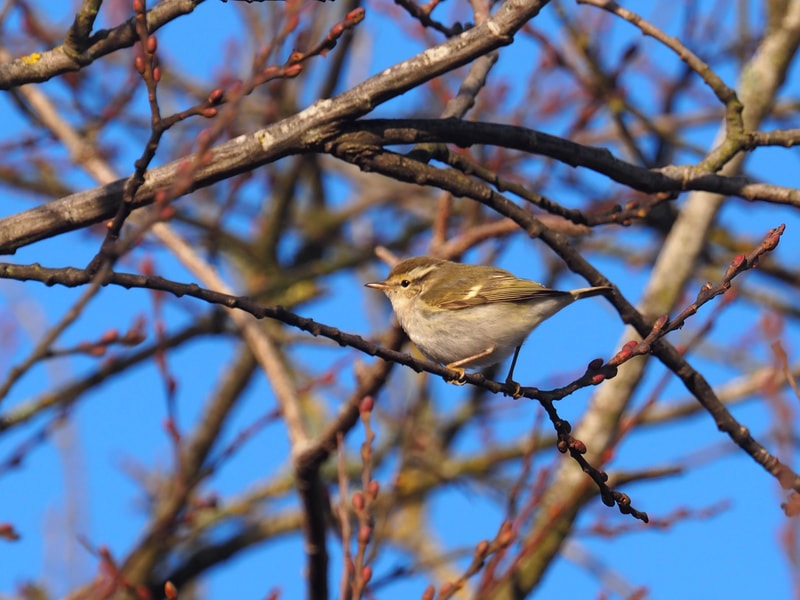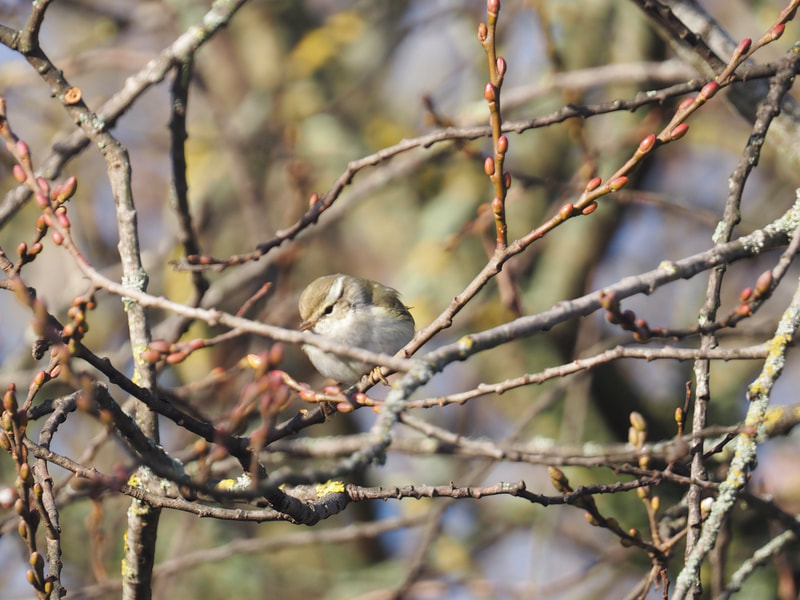|
My first OxPods episode is out and can be found through our website, Spotify, Google and Apple podcasts!
Across the globe, biologists have set up a series of long-term study populations, where all individuals within an animal population are monitored both across their own lifespan and also over many generations. But what's the point of this, and what questions can be answered using long-term studies that can’t be addressed through alternative experiments? In this episode of OxPods, I interview Prof Ben Sheldon FRS, whose research into ecology, evolution and animal behaviour exploits insights from the longest running ecological study of marked wild individual animals in the world, that of the great tit in Wytham Woods.
0 Comments
I have started holding and producing episodes as the Biology subject leader for OxPods, a new student society here in Oxford. This is a really fun initiative where we are looking to make the most of the world-leading professors found at Oxford by setting up a platform to interview the academics on the niche, weird and wonderful areas of their subjects. These episodes will be easily digestible for anyone with an interest in the world around them! They can be listened to on Spotify, Apple, Google or directly through the website. My episodes can also be found through the video & audio section of my blog.
Nice views of this rarity in Oxford today! Yellow-browed warblers breed in and around Siberia and have historically over-wintered in south-east Asia. However, it's thought that recently more-and-more birds are choosing to winter in western Europe due to the increasingly mild conditions. As such, there is now a fairly steady stream of them arriving in Autumn and winter during their passage, but still hard to spot!
|
Joe WoodmanA blog of my ideas, photography and research of the natural world. Archives
February 2024
|




